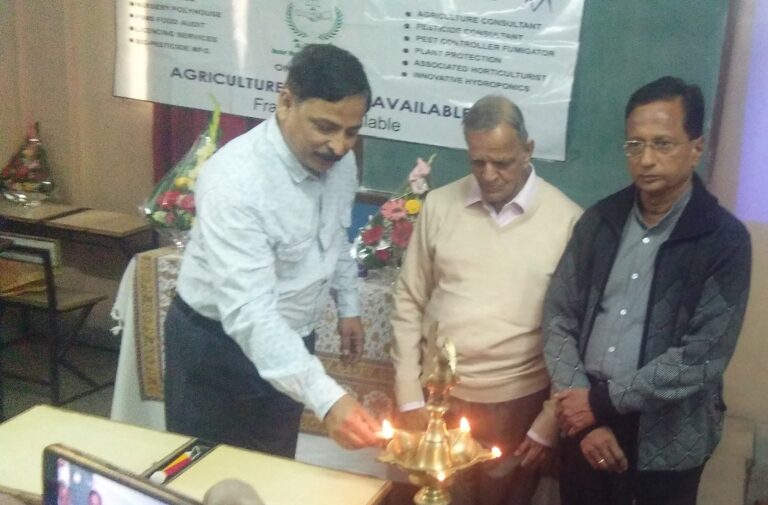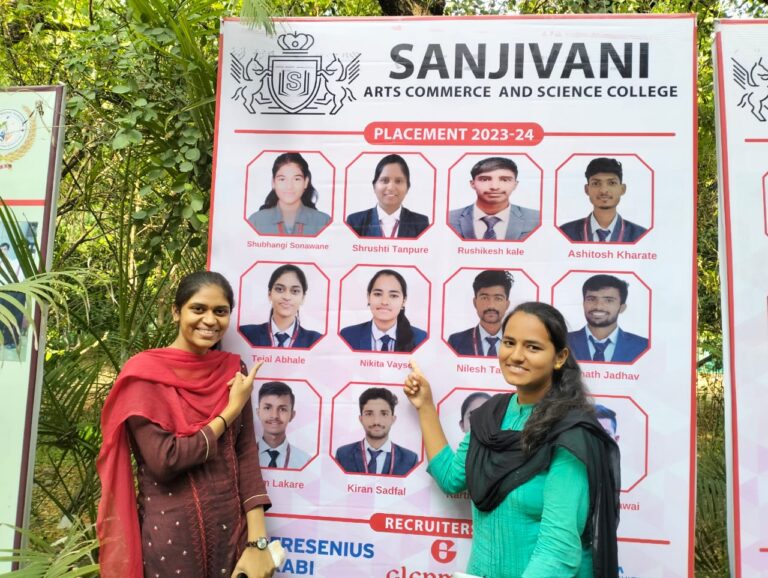Agricultural Entrepreneurship
The plight of Agricultural Entrepreneurs in India is marked by a complex web of Regulatory, Financial and Institutional Challenges that stymie Innovation and Progress in the Agricultural Sector. As we delve deeper into the issues plaguing this Vital Industry, it becomes increasingly clear that the journey from ideation to implementation is fraught with obstacles that disproportionately affect those working to introduce Organic and Natural Solutions to Agricultural Problems.
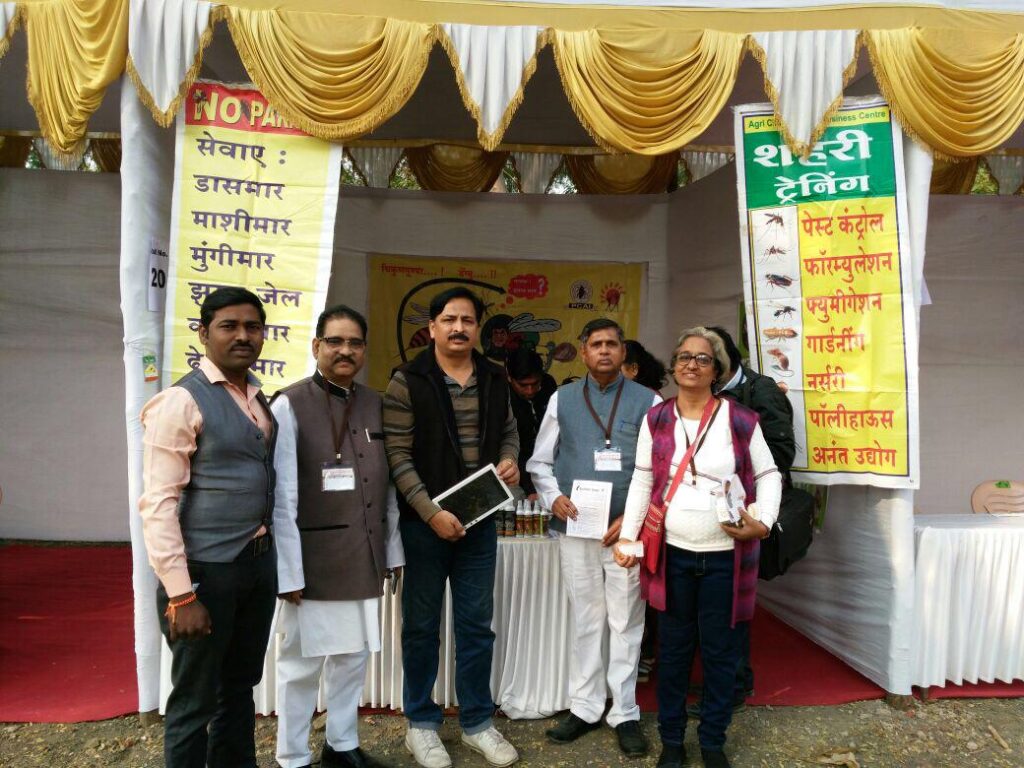
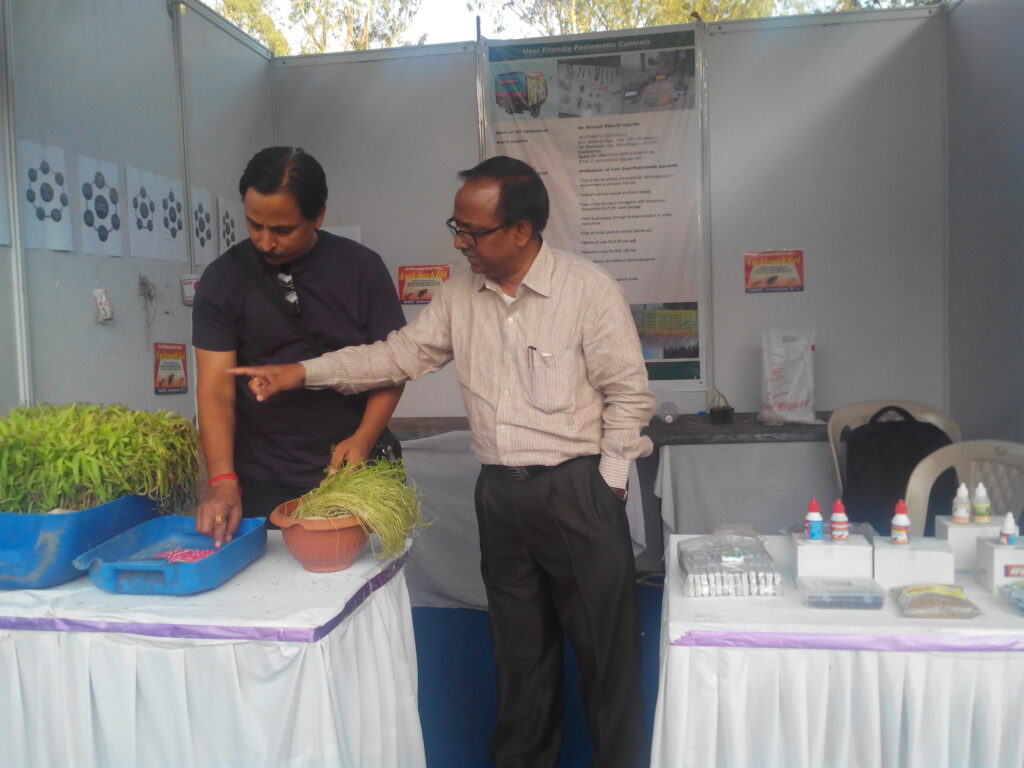
One of the most pressing challenges faced by Agri-Entrepreneurs is the exorbitant cost associated with obtaining necessary Validations and Testing from Agricultural Universities and Regulatory Bodies. For instance, the Cost of Toxicity Testing alone can reach up to ₹20 Lakh at certain Institutions like those in Lucknow. Such high fees are prohibitive for Start-ups and Individual Innovators who typically operate with limited budgets. This financial barrier not only stifles Innovation but also discourages many potential Entrepreneurs from pursuing their Projects.
Bankers and Financial Institutions, on their Part, show reluctance in lending for such Validation and Testing Purposes. This Reluctance Stems from a perceived risk associated with Agricultural Innovations, especially those that are not backed by large Corporations or do not have a proven Market. As a result, Entrepreneurs find themselves in a catch-22 situation where they cannot proceed without Validation, but cannot afford the Validation process without Financial Support.
Furthermore, there exists a dichotomy in the Regulatory Landscape for Agricultural Products in India. Imported chemical pesticides often navigate the regulatory process with relative ease compared to indigenous Organic Products. This discrepancy raises questions about the priorities and efficacy of the regulatory framework in promoting Sustainable Agriculture Practices. Entrepreneurs working with Plant Extracts and organic compounds face additional hurdles in molecule identification and Proprietary Rights Protection. Despite the proven efficacy of traditional Agricultural Technologies developed over Generations, the Validation Process for these Organic Solutions is fraught with Challenges, making it nearly impossible for many Innovations to see the light of day.
This situation calls for a revaluation of the role of Agricultural Universities, Regulatory Bodies and Financial Institutions in fostering a conducive Environment for Agricultural Innovation. Promoting Organic and Natural Solutions should go beyond rhetoric and be reflected in Practical Support for Entrepreneurs who are working tirelessly to bring these Solutions to Market.
In conclusion, the Agricultural Sector in India stands at a crossroads. On one hand, there is a clear and urgent need for Innovation to address the myriad challenges faced by Farmers and to ensure the long-term sustainability of Agriculture. On the other hand, the current Ecosystem hampers the very Innovations that could drive this change. It is imperative that Stakeholders, including the Government, Educational Institutions and the Financial Sector, come together to create a more supportive environment for Agricultural Entrepreneurs. Reducing the financial burden of Validation and Testing, simplifying the Regulatory Process for Organic Products and providing targeted Financial Support for Agri-Start-ups are crucial steps towards unleashing the potential of Indian Agriculture. Only with concerted efforts can we hope to overcome the challenges and pave the way for a more sustainable and prosperous Agricultural future.
Adding to the earlier discussion on the challenges posed by Agricultural Universities in India, this broader perspective underscores the need for systemic change. Our Farmers’ ancestors have bequeathed us a wealth of Knowledge and Practices that have the potential to revolutionize our Agricultural systems. Yet, without the necessary support and recognition, these innovative organic solutions remain on the periphery. As we strive towards doubling Farmers’ income and establishing India as a leader in sustainable Agriculture, addressing these issues must become a priority for all involved.
India’s Agricultural Universities are pivotal in shaping the country’s Agricultural landscape, offering specialized education and research opportunities aimed at advancing Agricultural Practices and Technologies. Established with the noble goal of uplifting the Agricultural Sector and, by extension, the entire nation, these Institutions hold the promise of transforming India into a global Agricultural powerhouse.
A unique aspect of these Universities is the provision of a 12% additional marks incentive for the children of Farmers during admissions, underscoring the intent to directly benefit the Agricultural community. This policy aims to ensure that Agricultural education remains accessible to those who are most intimately connected with farming, allowing them to contribute effectively to the Sector’s growth.
However, the journey from inception to impact has encountered several roadblocks. While the original mission of these Institutions was to foster Innovation and Practical Knowledge among future Agricultural Professionals, over time, a gap has emerged between intention and implementation. Many Students now view admission into these Universities as a stepping stone towards general competitive exams like the UPSC, diverting attention from Agricultural Innovation to merely passing exams.
One of the critical challenges facing Agricultural Start-ups in India today is the lengthy and expensive process of obtaining validation from these Universities. For an Agricultural Start-up, University validation is not just a badge of credibility but often a regulatory necessity. Unfortunately, the process is marred by lengthy timelines, high costs and a lack of uniformity across Institutions. Validations can take up to three years, with each University setting its own fee structure and testing protocols. This situation places an undue burden on Start-ups, which typically operate with limited resources and under tight timelines.
Moreover, the focus of University validations tends to be narrowly defined, concentrating only on specific Product tests under predefined conditions. This approach misses the opportunity to explore additional findings that could emerge from the trials, potentially overlooking Innovations that could benefit the broader Agricultural Sector. Furthermore, Entrepreneurs are often kept in the dark about the specifics of the trials, denying them the chance to learn from the process and refine their Products accordingly.
The consequence of these Practices is a growing concern that Agricultural Universities, rather than acting as catalysts for Innovation and development, are becoming obstacles. The current system discourages Entrepreneurship in the Agricultural Sector by imposing regulatory and financial burdens that stifle Innovation.
For India to achieve its goal of doubling Farmers’ income and securing its place as the third-largest economy, a reevaluation of the role and operations of Agricultural Universities is essential. Prime Minister Narendra Modi’s Government, known for its emphasis on Agricultural Development and Innovation, is called upon to address these challenges. Streamlining the validation process, reducing costs and encouraging a more collaborative and transparent relationship between Universities and Start-ups could unleash the potential of India’s Agricultural Sector.
In conclusion, while Agricultural Universities in India were founded with the laudable aim of promoting Agricultural advancement, the reality today is a complex mix of achievements and obstacles. To truly save and invigorate Agriculture in India, a concerted effort is needed from all stakeholders, including the government, educational Institutions and the Entrepreneurial community. Only then can we hope to see the Agricultural Sector flourish, contributing significantly to the nation’s economy and the well-being of its people.
Start-ups in developing Countries face a myriad of challenges, many of which stem from the socio-economic conditions, Regulatory Environment and lack of support structures that are often seen in these nations. The journey of a Start-up, inherently filled with uncertainty and risk, becomes even more daunting due to the hurdles posed by Licensing Authorities, the financial muscle of established Commercial Companies and the socio-cultural context that sometimes undermines the spirit of Innovation and Entrepreneurship.
One of the most significant challenges is the complex and time-consuming process of obtaining necessary licenses and permits. Regulatory bodies in developing Countries can be slow, opaque and mired in red tape, making it difficult for Start-ups to navigate the legal framework required to operate. Unlike large Commercial Companies, which may have the resources and connections to expedite this process—sometimes through ethically questionable means—Start-ups often find themselves at a disadvantage, lacking the Financial and Social Capital to push through the bureaucratic barriers.
Financial constraints further exacerbate the plight of Start-ups in developing Countries. Access to capital is a critical component for any new venture. However, the financial ecosystem in these regions often lacks the diversity and maturity found in developed markets. Venture capital, angel investors and other sources of Start-up funding are limited, leaving Entrepreneurs to rely on personal savings or loans from family and friends. This financial vulnerability not only restricts the growth potential of Start-ups but also makes them susceptible to acquisition by larger companies, often at undervalued prices. The lack of a supportive financial environment means that many innovative ideas never reach their full potential, or worse, are abandoned altogether.
Cultural and societal norms in developing Countries can also pose challenges. Entrepreneurship is often viewed with skepticism and failure is stigmatized. This cultural backdrop can discourage individuals from pursuing innovative ventures, preferring the security of traditional employment paths. Family and societal pressure can force Entrepreneurs to give up on their dreams, choosing stability over the uncertainty of a Start-up journey. Additionally, the Innovation ecosystem itself—comprising Universities, research Institutions and other support structures—is often underdeveloped. This lack of support further isolates Entrepreneurs, depriving them of the Mentorship, networking opportunities and Knowledge Resources that are crucial for the growth and success of a Start-up.
The solution to these challenges lies in a multifaceted approach that involves government action, the development of a robust financial ecosystem and a cultural shift towards embracing Innovation and risk-taking. Governments in developing Countries need to streamline regulatory processes, making it easier for Start-ups to navigate the legal landscape. There should be concerted efforts to create a more supportive financial infrastructure, encouraging the growth of Venture Capital, Angel Investment and other Funding Avenues for Start-ups. Additionally, fostering a culture of Innovation and Entrepreneurship through education and awareness campaigns can help change societal perceptions, making Entrepreneurship a more accepted and celebrated career path.

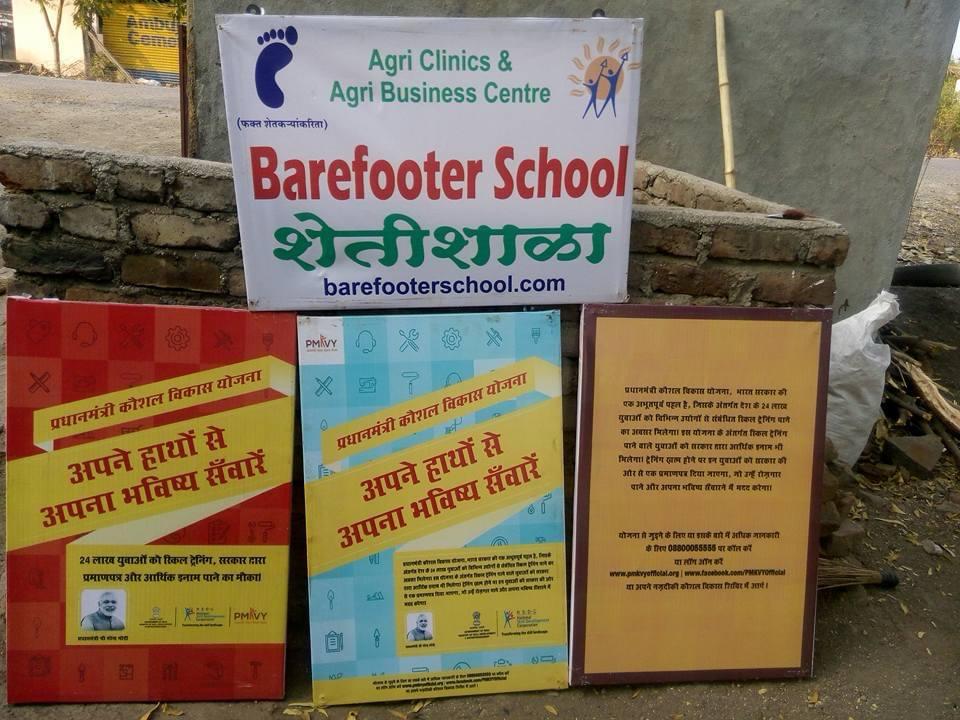
In conclusion, Start-ups in developing Countries navigate a complex maze of challenges that can stifle Innovation and hinder economic progress. Addressing these issues requires a collaborative effort from governments, financial Institutions, educational entities and society as a whole. By creating a more supportive ecosystem for Start-ups, developing Countries can unlock the potential of their Entrepreneurial talent, driving Innovation, job creation and economic development.
Start-ups in developing Countries face a myriad of challenges that stem from various systemic, regulatory and socio-economic factors. These challenges, while daunting, highlight the resilience and ingenuity of Entrepreneurs but also underscore the need for substantial reforms to nurture Innovation and drive economic growth.
Regulatory Hurdles and Licensing Woes
One of the most significant challenges for Start-ups in developing Countries is navigating through the complex web of regulatory requirements and licensing. The process is often opaque, time-consuming and fraught with bureaucratic red tape. For Start-ups, which typically operate with limited resources and under tight timelines, these hurdles can be particularly stifling. In contrast, established commercial companies, with their deeper pockets and established networks, can navigate these challenges more easily, sometimes even influencing regulatory frameworks to their advantage through political contributions and lobbying.
Access to Capital
Securing funding is another critical challenge. In many developing Countries, the ecosystem for venture capital and angel investment is not as mature as in more developed economies. This lack of financial support not only hampers the growth of Start-ups but also limits their ability to scale and compete on a larger stage. Furthermore, financial Institutions often view Start-ups as high-risk investments, making it difficult for Entrepreneurs to secure loans or credit lines.
Market Access and MVP Validation
Start-ups also struggle with accessing markets and validating their Minimum Viable Product (MVP). In environments where large corporations dominate the market, Start-ups find it challenging to break through and gain the attention of potential customers. Moreover, the lack of a supportive ecosystem for testing and validating MVPs means that Start-ups often have to invest significantly more resources into proving the viability of their Products, sometimes without the assurance that their efforts will lead to success.
Intellectual Property and Proprietary Rights
Protecting Intellectual Property (IP) and Proprietary Rights is a significant concern. In many developing Countries, IP laws may not be as robust or as strictly enforced as in developed nations. This lax environment can deter Innovation, as Entrepreneurs fear that their ideas and Products might be copied or stolen without recourse. Additionally, the cost and complexity of securing patents can be prohibitive for Start-ups.
Socio-Economic and Cultural Barriers
Entrepreneurs in developing Countries also face socio-economic and cultural barriers. The fear of failure is often more pronounced, with societal pressures and the stigma associated with failure deterring many potential innovators from pursuing their ideas. Moreover, the lack of a supportive culture for Entrepreneurship and Innovation means that Start-ups often struggle to find mentors, advisors and a community of like-minded individuals.
The Way Forward
Addressing these challenges requires a multi-faceted approach. Governments need to streamline regulatory processes, make it easier for Start-ups to access funding and strengthen IP laws. There is also a need to foster a culture of Innovation, where failure is seen as a step towards success, not as an end. Education systems should emphasize critical thinking, creativity and Entrepreneurial Skills to prepare the next generation of Innovators.
Developing Countries stand at the cusp of significant Economic Transformation, fueled by the ingenuity and resilience of their Entrepreneurs. By addressing the systemic challenges that Start-ups face, these nations can unlock a future of growth, Innovation and prosperity.
The journey of a Start-up in a developing country is undeniably fraught with challenges. Yet, it is also a journey of hope, where each obstacle overcome is a step towards a future where Innovation drives progress and Entrepreneurs are celebrated as key contributors to the nation’s success.
Author:
Agriculture & Start-up Entrepreneur


